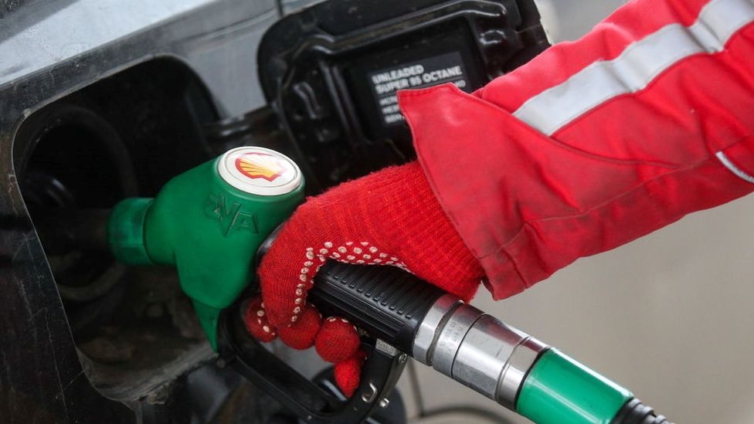Policy Analyst, Dr. Steve Manteaw, says the government can control fuel pricing by reducing the tax percentage on the cost of petroleum products at the pump.
He said while he understands that doing so may cause a shortfall in the government’s budgetary arrangement especially now that the country needs all the revenue it can gather, the development will allow the government access funds from the stabilization fund while also alleviating the financial burden on the general public.
Speaking on JoyNews’ PM Express, Dr. Manteaw said while consumers are reeling from fuel price hikes downstream, the country is making a windfall from petroleum sales upstream and the revenue being saved in the stabilization fund.
He noted that the stabilization fund could be drawn upon should government’s budgetary allocation experience a shortfall in the event that they reduce the tax percentage on fuel products.
“The concern of the discussion has been how much of the taxes can be taken off and how do you then compensate for the arising revenue shortfall. We do have a mechanism in the upstream in the form of the stabilization fund for upstream crude oil revenue management.
“And what it does is that the Minister establishes a cap and we accumulate the revenues in that fund so that should the government have a revenue shortfall in its budget, it can lay hands on this money to deal with that shortfall.
“And let me also emphasise the point that we are an oil producing country and so when prices go up on the international market we are also beneficiaries of the increased prices on the market,” he explained.
He continued, “In fact if you look at the government budget for 2022, government projected that it was going to receive oil revenue on the projected price per barrel of I think a little bit above 61 dollars. Now for most part of this year oil has been over and above 100 dollars per barrel, as we speak it’s hovering above 90 dollars a barrel, 30 good dollars above what government projected.
“So government is actually making a windfall. A lot of this windfall will go into the stabilization fund if we were to keep faith with the petroleum management Act. So if government decided to take a bit of the taxes off the price then government will have a shortfall in its budget but the laws allows government then to go into the stabilization fund, take money from there to plug the arising gap in its budget from the removal of those taxes.
“And so there is a way we can deal with the situation through the budgetary arrangement that we have currently and that is sharing the benefits from the windfall upstream with consumers downstream,” he said.
Latest Stories
-
I want to focus more on my education – Chidimma Adetshina quits pageantry
1 hour -
Priest replaced after Sabrina Carpenter shoots music video in his church
1 hour -
Duct-taped banana artwork sells for $6.2m in NYC
2 hours -
Arrest warrants issued for Netanyahu, Gallant and Hamas commander over alleged war crimes
2 hours -
Actors Jonathan Majors and Meagan Good are engaged
2 hours -
Expired rice saga: A ‘best before date’ can be extended – Food and Agriculture Engineer
2 hours -
Why I rejected Range Rover gift from a man – Tiwa Savage
2 hours -
KNUST Engineering College honours Telecel Ghana CEO at Alumni Excellence Awards
2 hours -
Postecoglou backs Bentancur appeal after ‘mistake’
3 hours -
#Manifesto debate: NDC to enact and pass National Climate Law – Prof Klutse
3 hours -
‘Everything a manager could wish for’ – Guardiola signs new deal
3 hours -
TEWU suspends strike after NLC directive, urges swift resolution of grievances
3 hours -
Netflix debuts Grain Media’s explosive film
3 hours -
‘Expired’ rice scandal: FDA is complicit; top officials must be fired – Ablakwa
4 hours -
#TheManifestoDebate: We’ll provide potable water, expand water distribution network – NDC
4 hours

